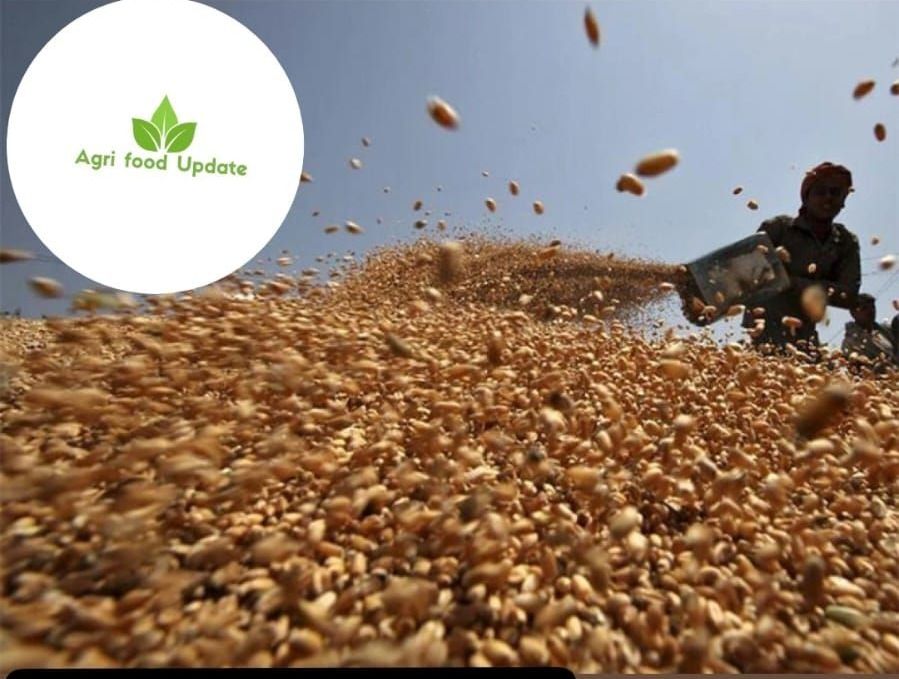
New Delhi / Mexico City, Sep 21, 2025 — The International Maize and Wheat Improvement Center (CIMMYT) is turning its attention firmly to gene editing as a technology to build more resilient wheat varieties, after genetically modified (GM / transgenic) wheat has failed to gain commercial traction.
GM Wheat’s Challenges: According to CIMMYT’s Director General, Bram Govaerts, genetically modified wheat varieties haven’t achieved large‑scale commercial success. He described transgenics as “a bit of an old technology.”
Gene Editing Gaining Traction: Gene editing is being championed as a promising "future" technology. It allows precise changes to be made within the same crop species, without the need to insert foreign genes. This can speed up conventional breeding.
🌍 What CIMMYT Is Doing
Investing more resources into gene editing research for wheat.
Ensuring the research and resulting varieties remain public goods — accessible to countries and farmers, not locked behind private patents.
Working with multiple countries to build regulatory frameworks that allow safe deployment of gene‑edited wheat.
Commercial availability: No gene‑edited wheat variety has yet been released commercially in India. Work is ongoing, especially around traits like soil acidity tolerance.
Regulatory & safety oversight: Countries need to put in place appropriate laws, safety and testing protocols to ensure gene edited crops are safe, both health‑wise and environmentally.
Climate threats: With increasing droughts, floods, new pests and diseases, wheat growing regions are under stress. Enhancing resilience could help maintain global food security.
Sustainability: More resilient wheat means less loss, less need for inputs (water, pesticides), potentially lower carbon footprint.
Equity: If CIMMYT succeeds in keeping gene‑edited varieties affordable and available to smallholder farmers, it could help reduce gaps between rich & poor farming regions.



